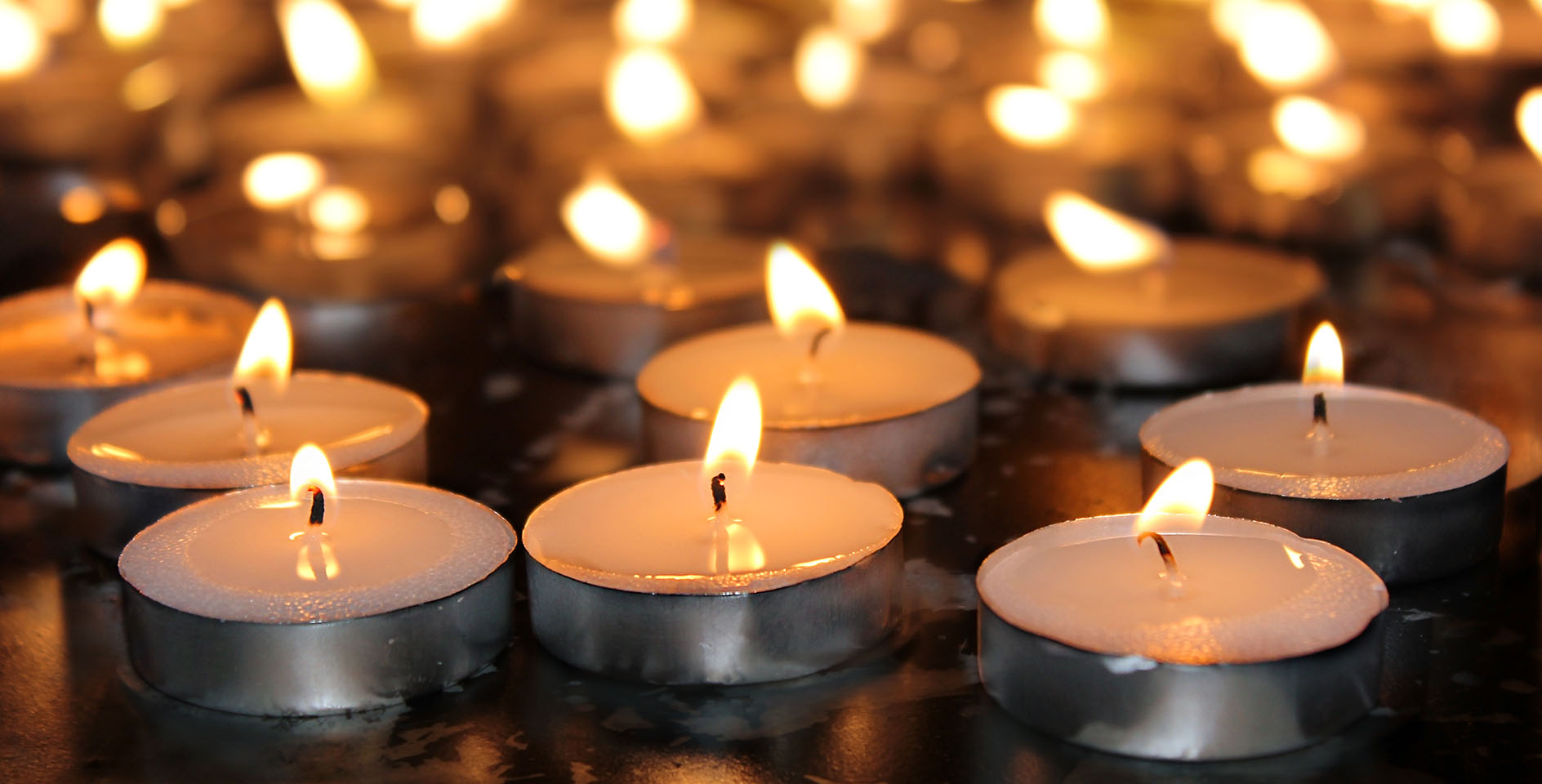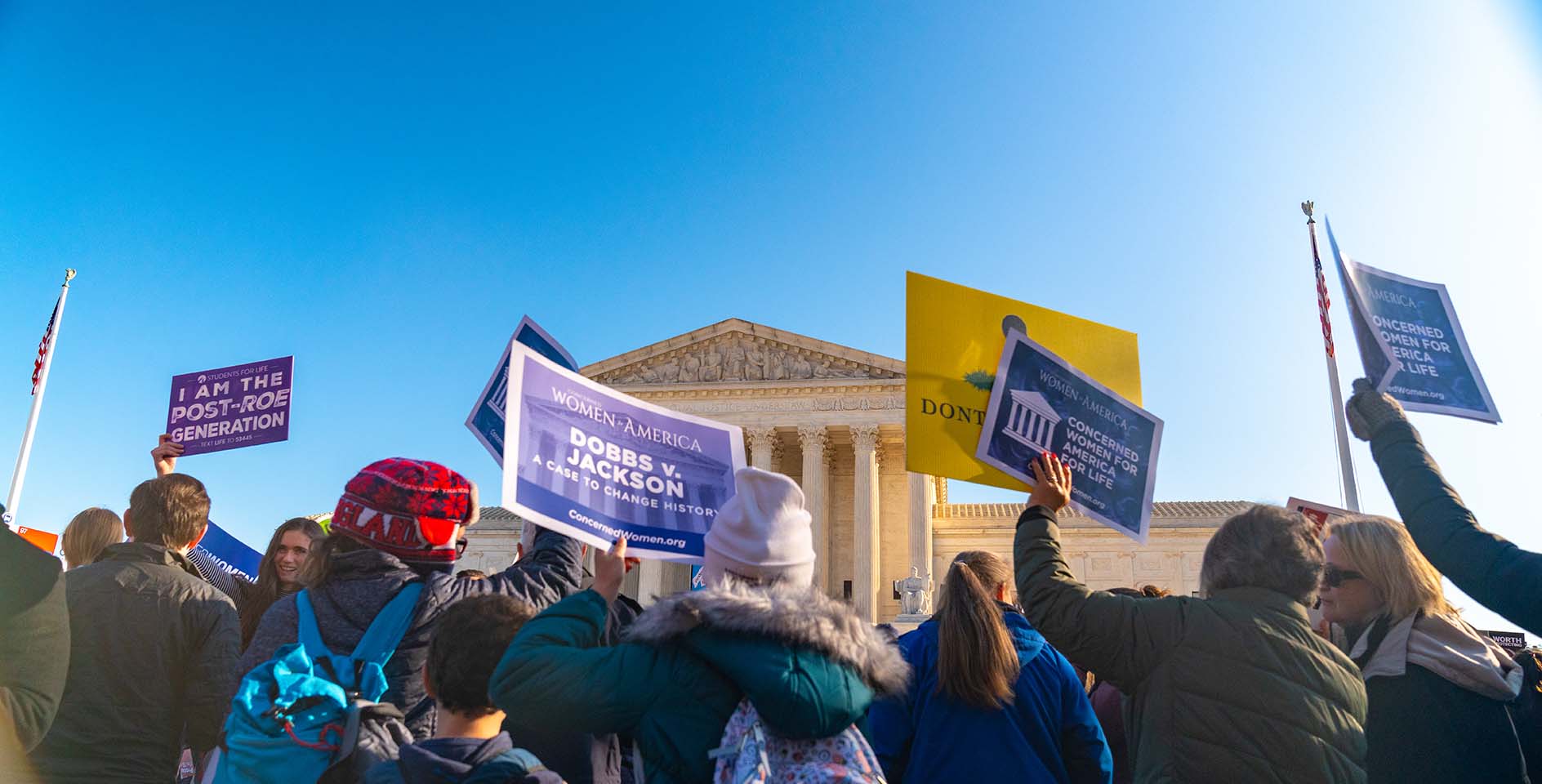Simmering beneath the surface of so much of our unhelpful national rhetoric is a deep-seated suspicion of those we view as “other” than us. Though we could point to a number of groups experiencing a rise in harmful mistreatment, a report published by the Anti-Defamation League revealed that in 2021 Jewish Americans were subjected to a shocking amount of antisemitic “incidents,” a term the report uses to capture a combination of harassment, vandalism, and/or assault. According to the report, “antisemitic incidents in the U.S. reached an all-time high in 2021.”
The report outlines, “In 2021, [the] ADL tabulated 2,717 antisemitic incidents across the United States,” which “represents a 34% increase from the 2,026 incidents recorded in 2020 and is the highest number on record since ADL began tracking antisemitic incidents in 1979.” Some additional findings from the report include:
- Of the 2,717 incidents, 1,776 were categorized as harassment (up 43% from 2020), 853 were categorized as vandalism (up 14% for 2020), and 88 were categorized as assault (up 167% from 2020).
- Attacks against Jewish institutions, including synagogues, increased 61%. Incidents at K-12 schools jumped 106%, and incidents on college campuses rose 21%.
- Incidents occurred in all 50 states as well as the District of Columbia. The states with the highest number of incidents were New York (416), New Jersey (370), California (367), Florida (190), Michigan (112), and Texas (112). Combined, these states account for 58% of the total incidents.
Furthermore, corroborating the findings of the ADL, a report produced by the American Jewish Committee and published in November 2021 “found that about 25% of Jewish people in America have experienced some form of antisemitism.” To put that number into perspective, that’s almost two million Jewish Americans (a conservative estimate) who have encountered discrimination and/or cruelty due to their religious or ethnic identity.
The Jewish community, both here and abroad, is no stranger to injustice. For centuries they have endured some of the most abominable and inhumane treatment on record. And these statistics—what The New York Times has called “an outbreak of antisemitism“—indicate that Jewish Americans face life in a culture that is increasingly antagonistic toward them. So, what ought Christians to do for our Jewish neighbors?
Blessed are the peacemakers
The Sermon on the Mount opens with a series of pithy statements known as the “Beatitudes” (Matt. 5:1-12). After ascending a mountain, Jesus sat down with a crowd of his followers and began his teaching, pronouncing a series of blessings upon some unlikely recipients. “Blessed are the poor in spirit” (v. 3), he says, and “Blessed are those who mourn” (v. 4). These Beatitudes make plain what living as a citizen of God’s Kingdom looks like here and now.
And Jesus goes on, “Blessed are the peacemakers, for they shall be called sons of God” (v. 9). An ethic of peacemaking, Jesus says, is central to belonging to the family of God. So, what ought Christians to do for our Jewish neighbors? We are called by Jesus to make peace.
What does it mean to be a peacemaker? It means to be an active agent in bringing the peace of God to bear in the context where we live; actively looking for opportunities to introduce God’s shalom to the people and places that we encounter every day. Making peace is a way that we love our neighbors, a way that we “seek the welfare of [our cities]” (Jer. 29:7), and a way that we mimic our Father in heaven, who is the Lord of peace (2 Thess. 3:16; Rom. 15:33).
Making peace practically
According to the statistics above, we are surrounded by Jewish Americans who have personally experienced antisemitism, regardless of what state we reside in. So, there are ample opportunities for the Church to act as peacemakers to our neighbors. Here are a few ideas:
- Take the initiative to build friendships with your Jewish American neighbors.
- If you encounter hate speech among peers aimed toward Jewish Americans, speak up on their behalf. Seek to respond winsomely and charitably, but truthfully, insisting that Jewish people be treated and spoken of with dignity.
- When you see injustice perpetrated against Jewish Americans, speak up about it. One constructive use of your social media platform is to call attention to those who receive unfair treatment and to advocate for them, as SBC pastor Griffin Gulledge did on behalf of the Uyghur people.
- Get to know your local elected officials. Use those relationships to advocate on behalf of your Jewish American neighbors and others.
As Christians, we recognize that our mission is to see “God and sinners reconciled,” as the old Christmas hymn says. We are called to be agents of divine reconciliation, establishing peace between God and sinners through the person and work of Christ and by the power of his Spirit. But we might never gain the audience of our Jewish American neighbors to share that good news until we take seriously Jesus’ call to take up our post as peacemakers.
So, let us practice the work of making peace on behalf of our Jewish American neighbors. “After all,” as Drew Griffin has written, “if one Jew was willing to give his life to save humanity, surely those of us who claim his name can stand up for the people to whom he came, and through whom the gospel came to us.”










